Xiaomi launches YU7 in China from the equivalent of €30,000
According to Xiaomi, the YU7 received over 200,000 firm orders within the first three minutes. The Chinese manufacturer had already unveiled the model in May during a pre-launch – only the price had remained under wraps. In its single-motor entry-level version, the electric SUV is now offered from 253,500 yuan (around €30,300), while for the all-wheel drive versions, Xiaomi is asking for 279,900 yuan (YU7 Pro) and 329,900 yuan (YU7 Max), equivalent to around €33,400 and €39,400 respectively.
That means the base version of the YU7 undercuts the Tesla Model Y in China, which starts there from 263,500 yuan. This comparison is repeatedly highlighted by many Chinese portals, even though the Xiaomi YU7, at just under five metres long, clearly exceeds the revised Tesla Model Y Juniper (4.80 metres). But Lei Jun, founder, chairman and CEO of Xiaomi, also appears to be fuelling this rivalry. At the current sales launch, he is reported to have once again benchmarked the YU7 against the Model Y, emphasising that “the Xiaomi SUV outperforms the Tesla SUV in every aspect”.
As for the vehicle itself: The YU7 is 4.99 metres long, making it slightly longer than Xiaomi’s electric saloon, the SU7. The wheelbase measures a full three metres, the body is 1.99 metres wide without exterior mirrors and 1.61 metres high. Depending on the version, the kerb weight is stated to be between 2,140 and 2,460 kilograms. The key powertrain data are as follows:
| YU7 RWD | YU7 Pro AWD | YU7 Max AWD | |
|---|---|---|---|
| Drive | RWD | AWD | AWD |
| Power | 235 kW | 365 kW | 508 kW |
| Torque | 528 Nm | 690 Nm | 866 Nm |
| Acceleration | 5.9 s | 4.3 s | 3.2 s |
| Top speed | 240 kph | 240 kph | 253 kph |
| CLTC range | 835 km | 770 km | 760km |
| Battery | 96.3 kWh | 96.3 kWh | 101.7 kWh |
Xiaomi had already positioned the SU7 saloon as a distinctly dynamic and powerful model, particularly considering the low prices, which in some cases equated to less than €30,000. However, there were multiple reports on social media of accidents due to brake failure, as the braking system apparently was not matched to the power output. An even more serious incident involving an SU7 occurred this April, where the semi-autonomous driving system was reportedly active.
The YU7 is intended to make people forget these issues – and should the numerous orders materialise, any potential loss of trust in the brand could remain limited. Despite its high performance, the SUV model is also said to offer occupants a high level of comfort. For instance, there are massaging front seats with Nappa leather upholstery, with backrests that can recline up to 123 degrees when stationary, allowing a comfortable lying position during charging breaks. The rear seats can even recline up to 135 degrees. Rear passengers also get their own touchscreen to control climate, music and navigation functions. Up front, there is a significantly larger touchscreen for infotainment, along with a 1.10-metre-wide ‘HyperVision’ system comprising three small LED displays at the lower edge of the windscreen. These show key driver information, as well as being used for blind spot warning, media playback, and customisable widgets.
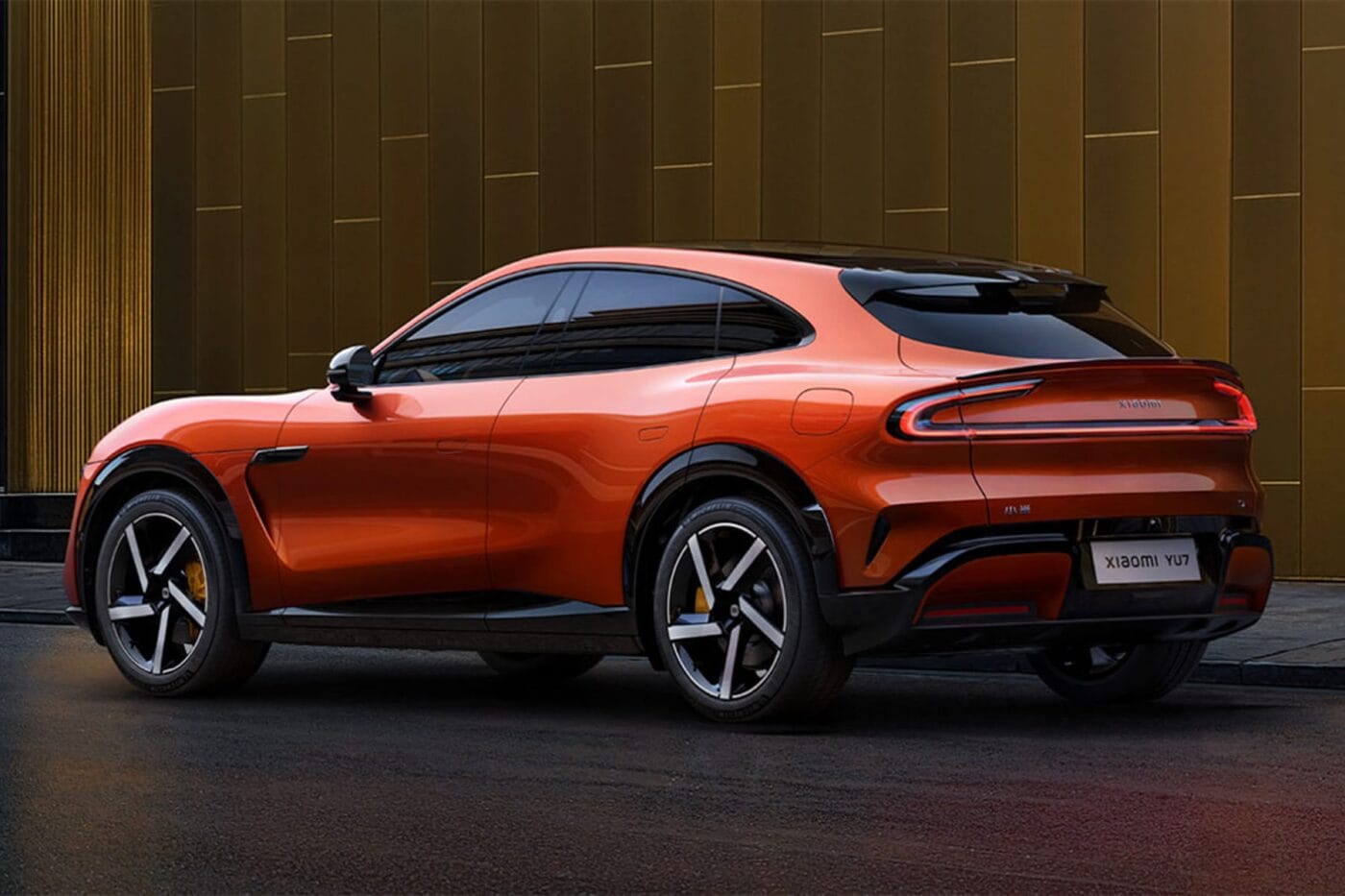
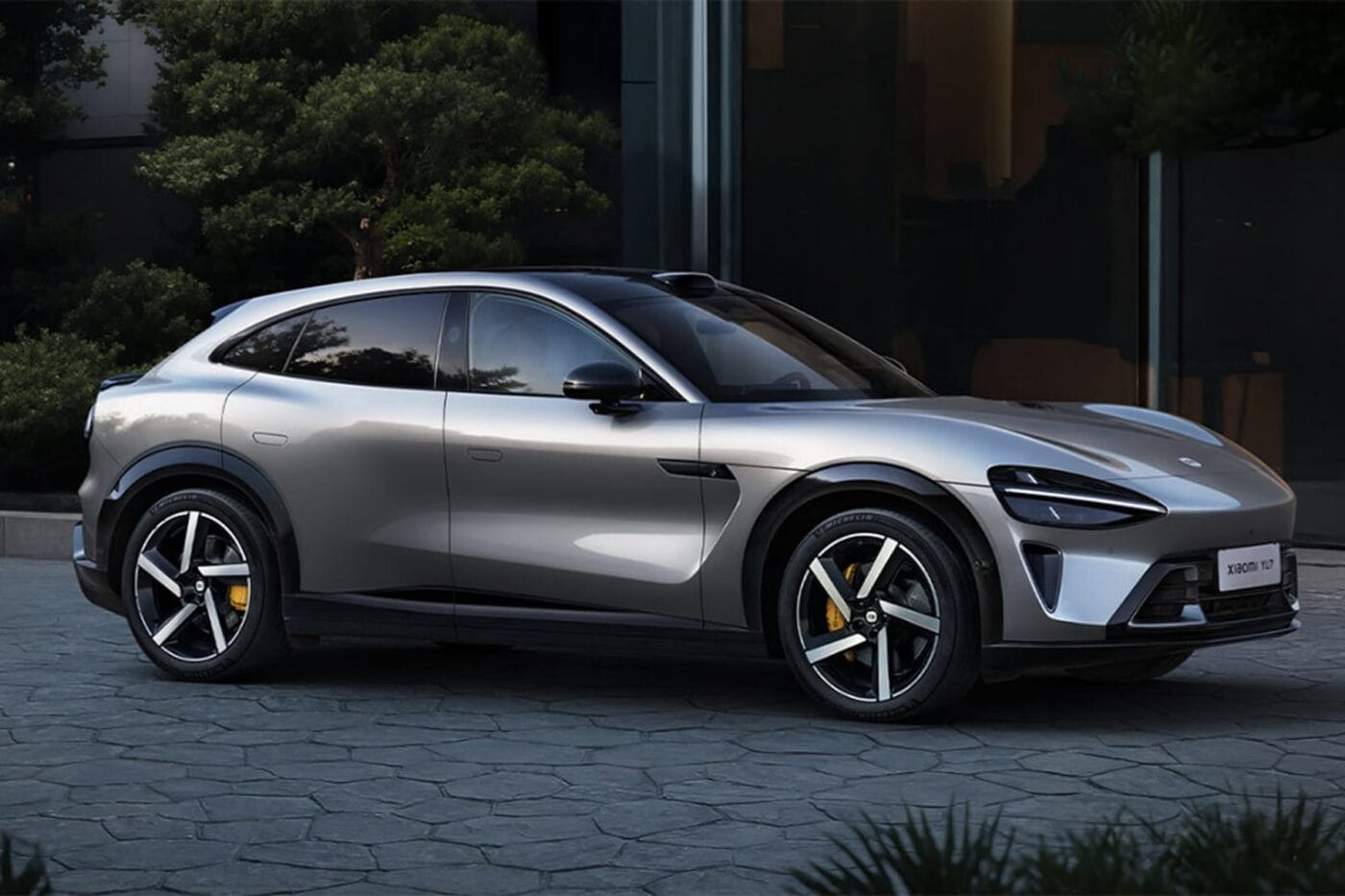
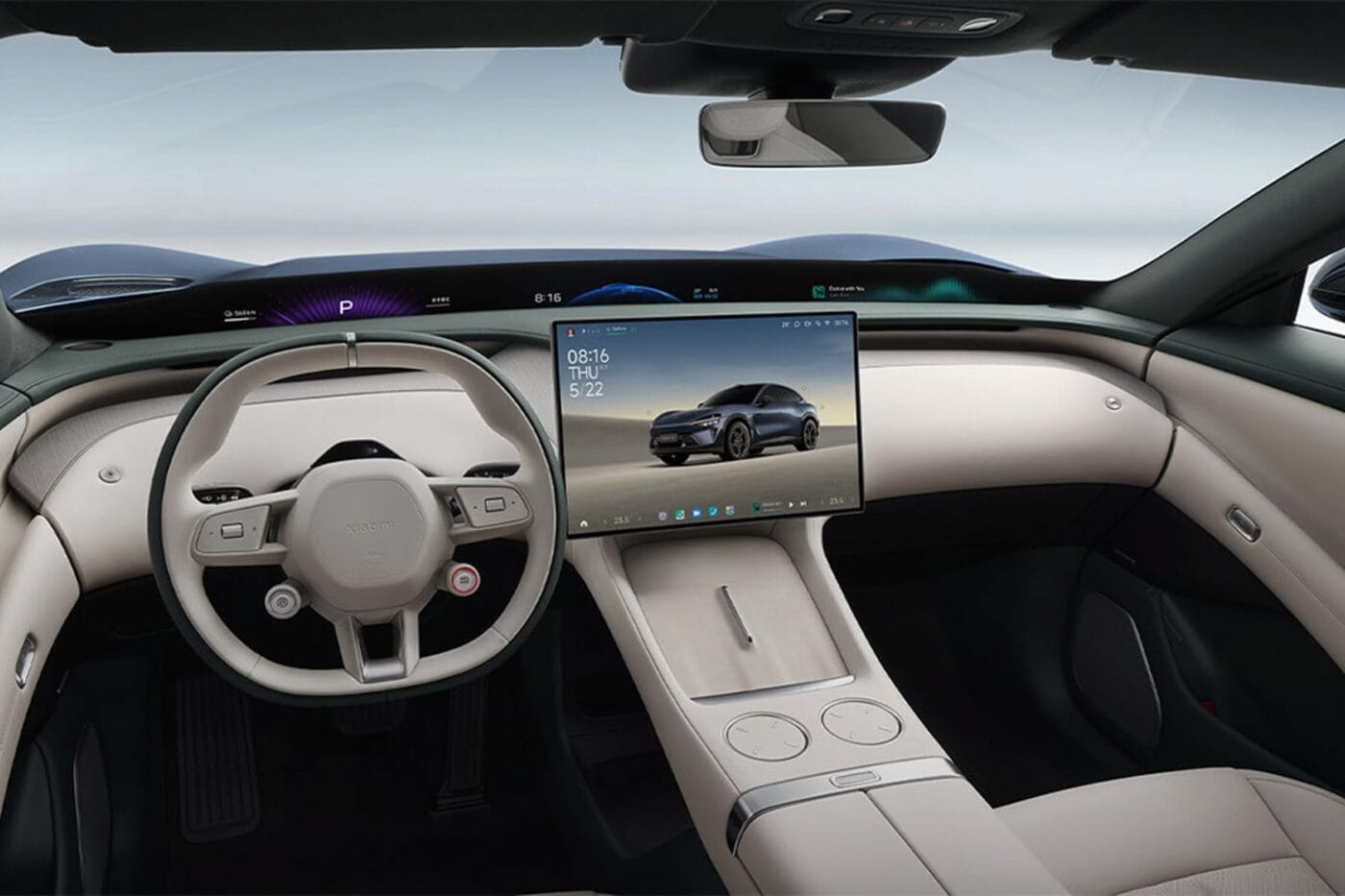
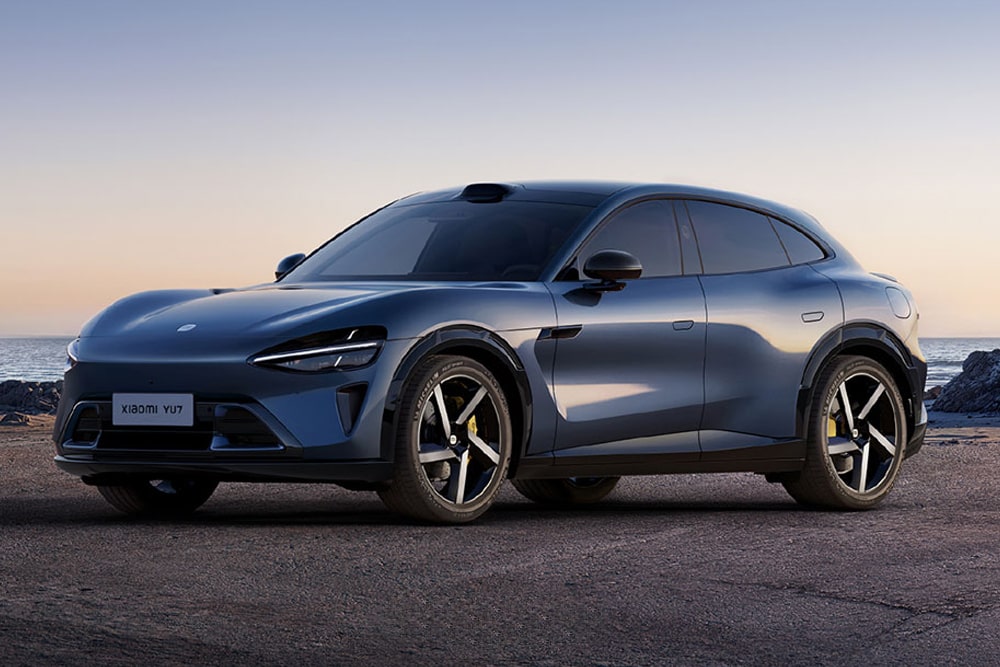
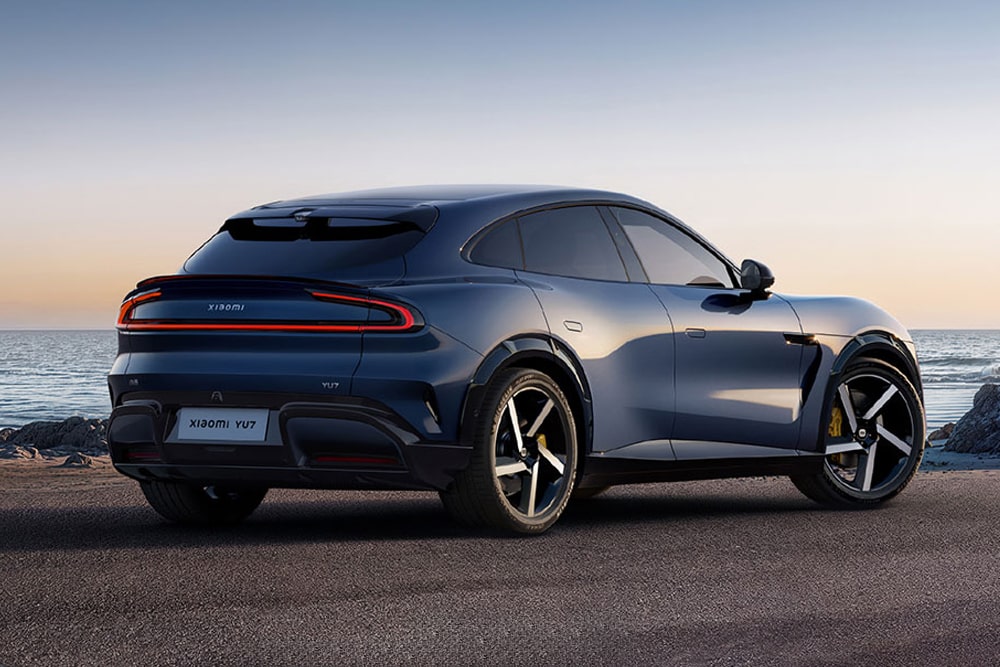
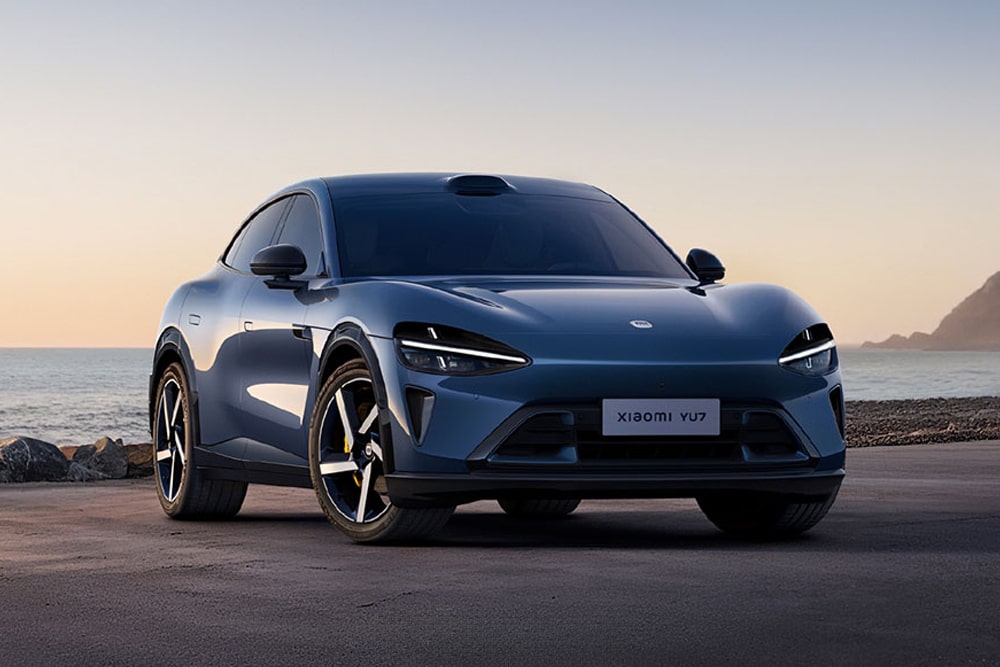
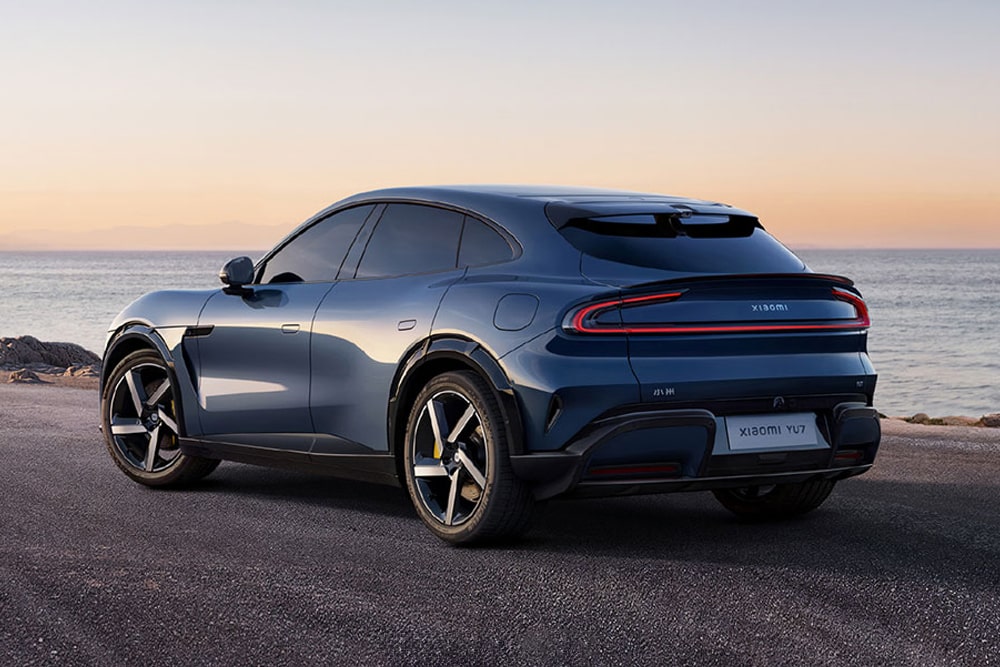
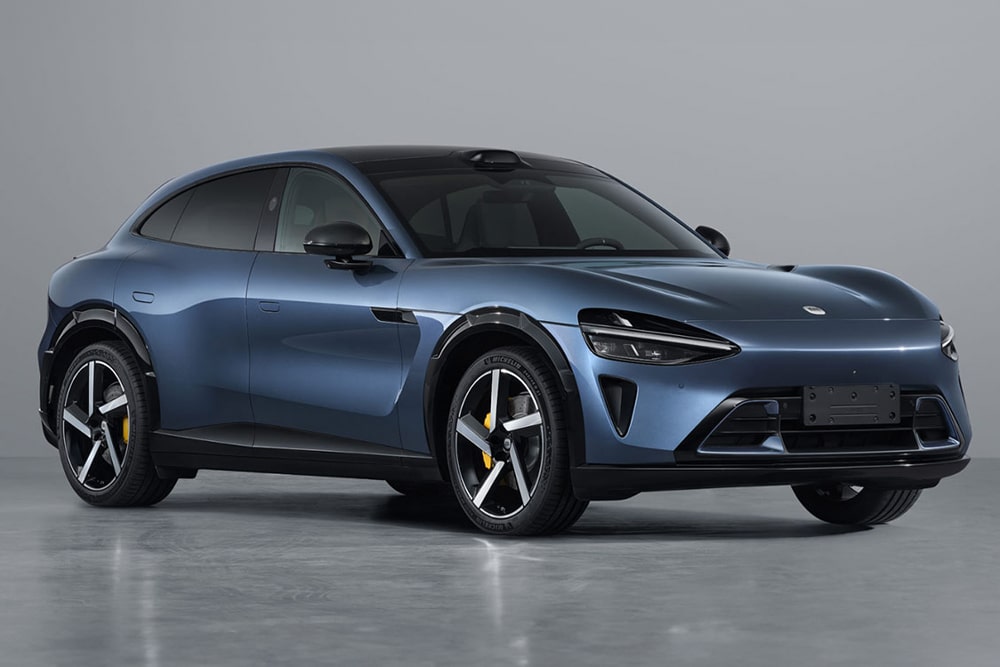
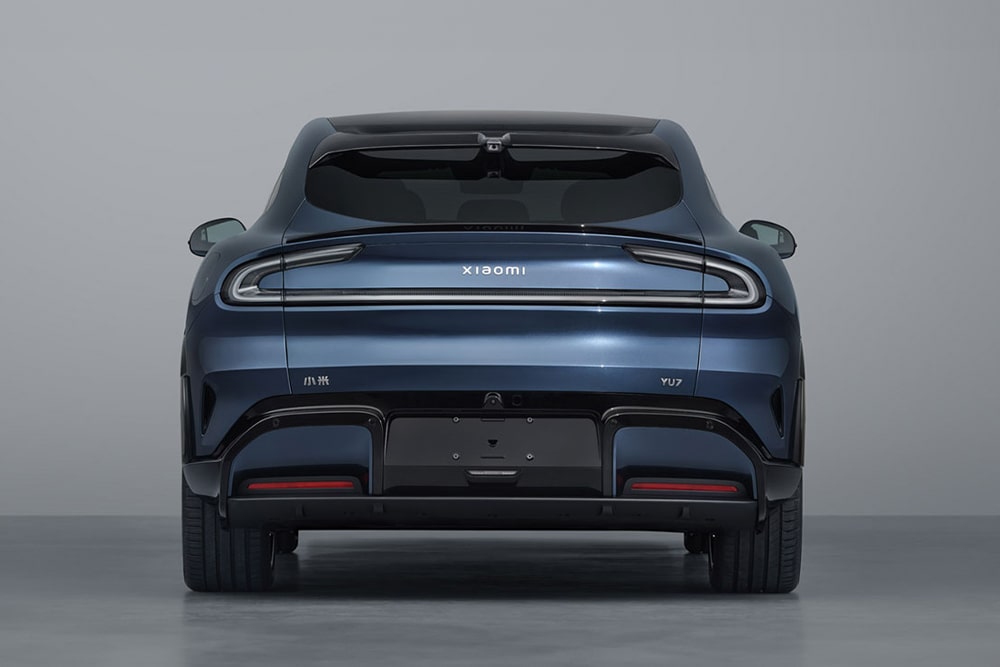
All variants of the YU7 come as standard with lidar sensors, a 4D millimetre-wave radar, and cameras featuring a special anti-reflective coating for improved imaging under all conditions. The information is processed centrally by an Nvidia Drive AGX Thor system, although Xiaomi’s own self-developed autonomous driving assistance software runs on it.

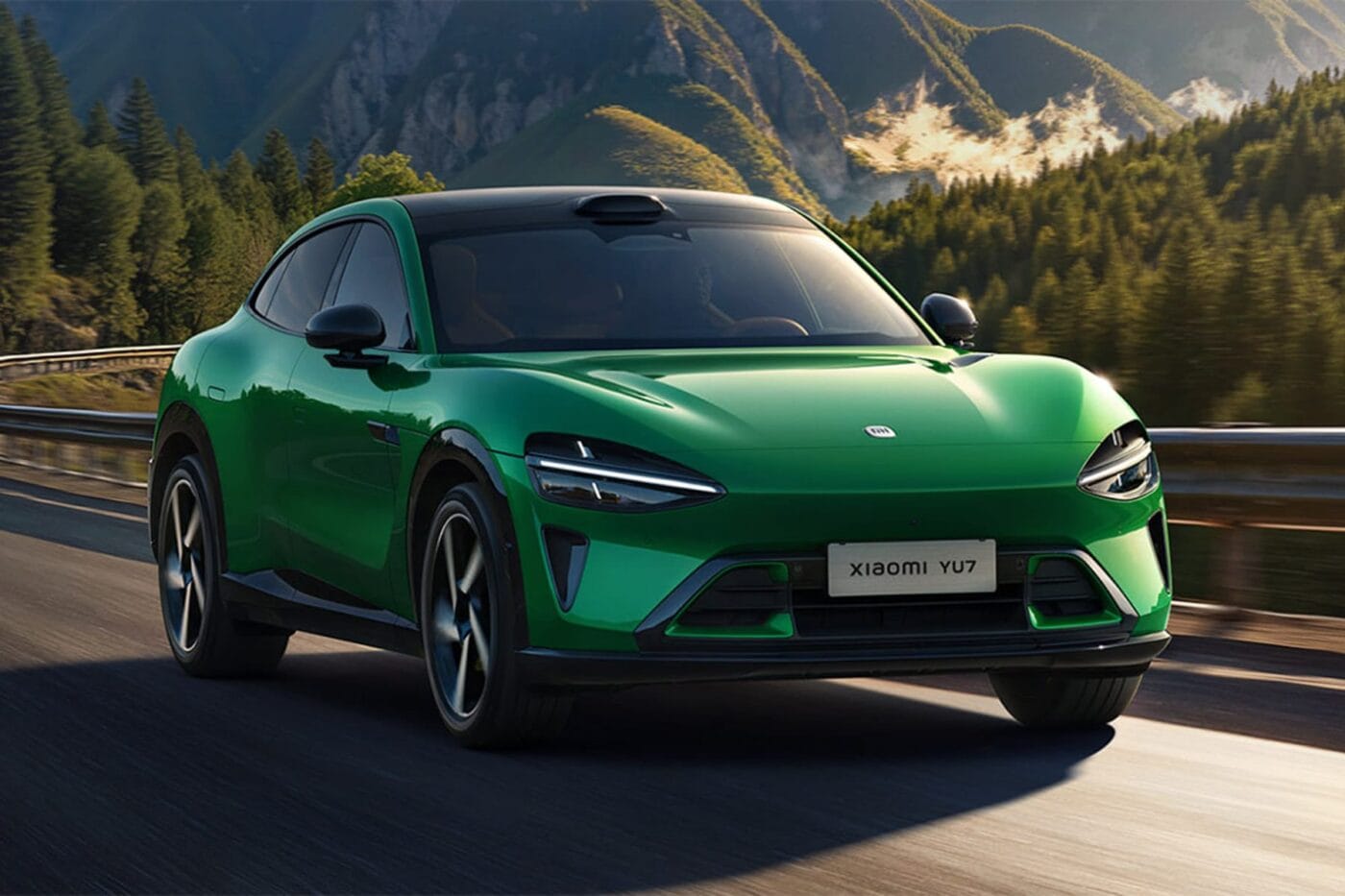

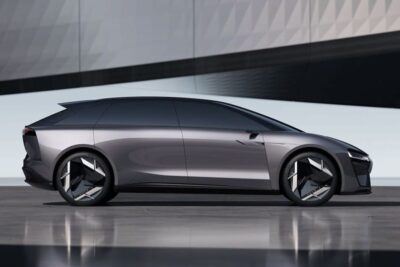
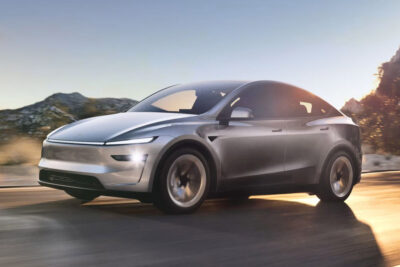
0 Comments